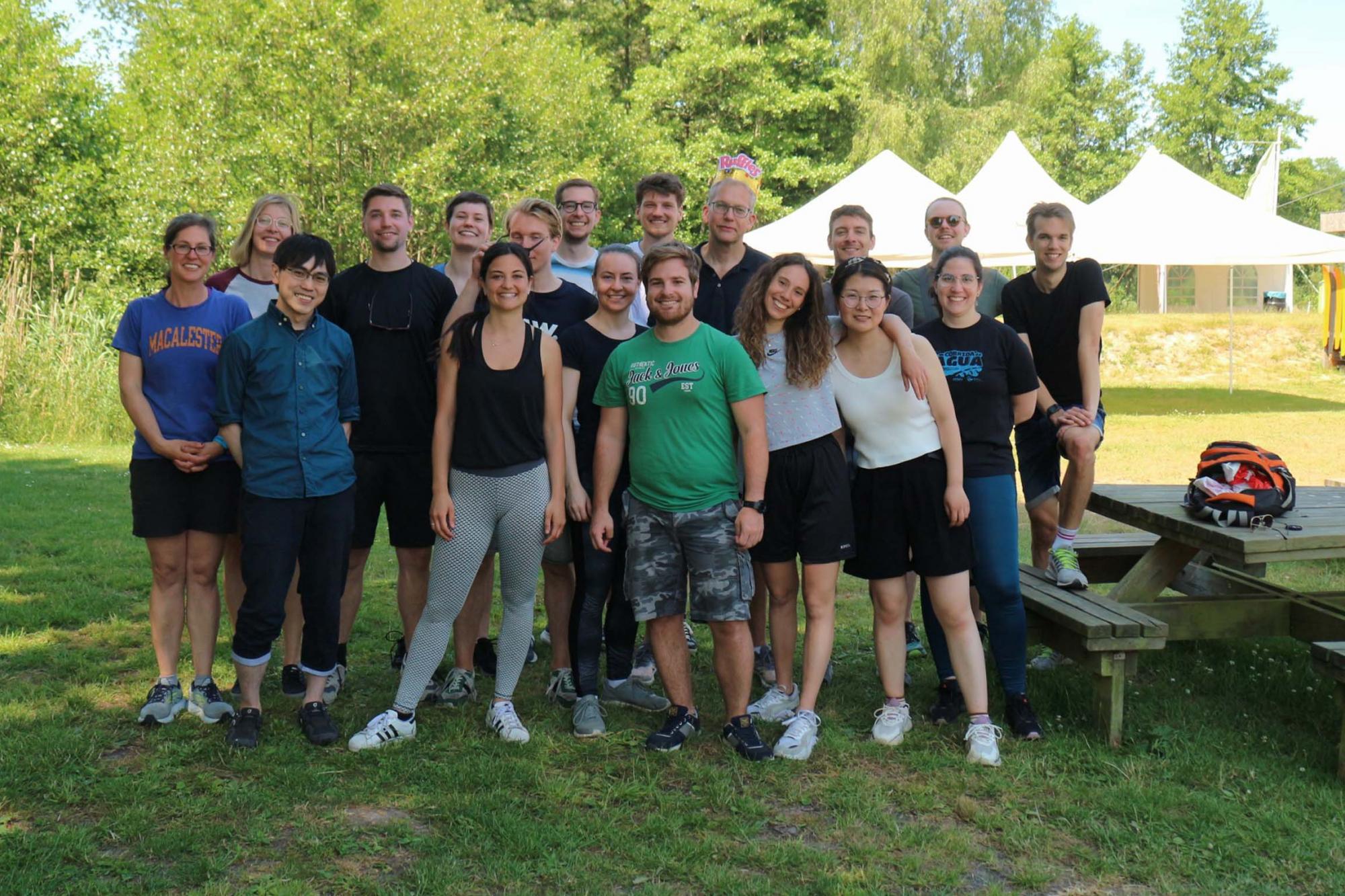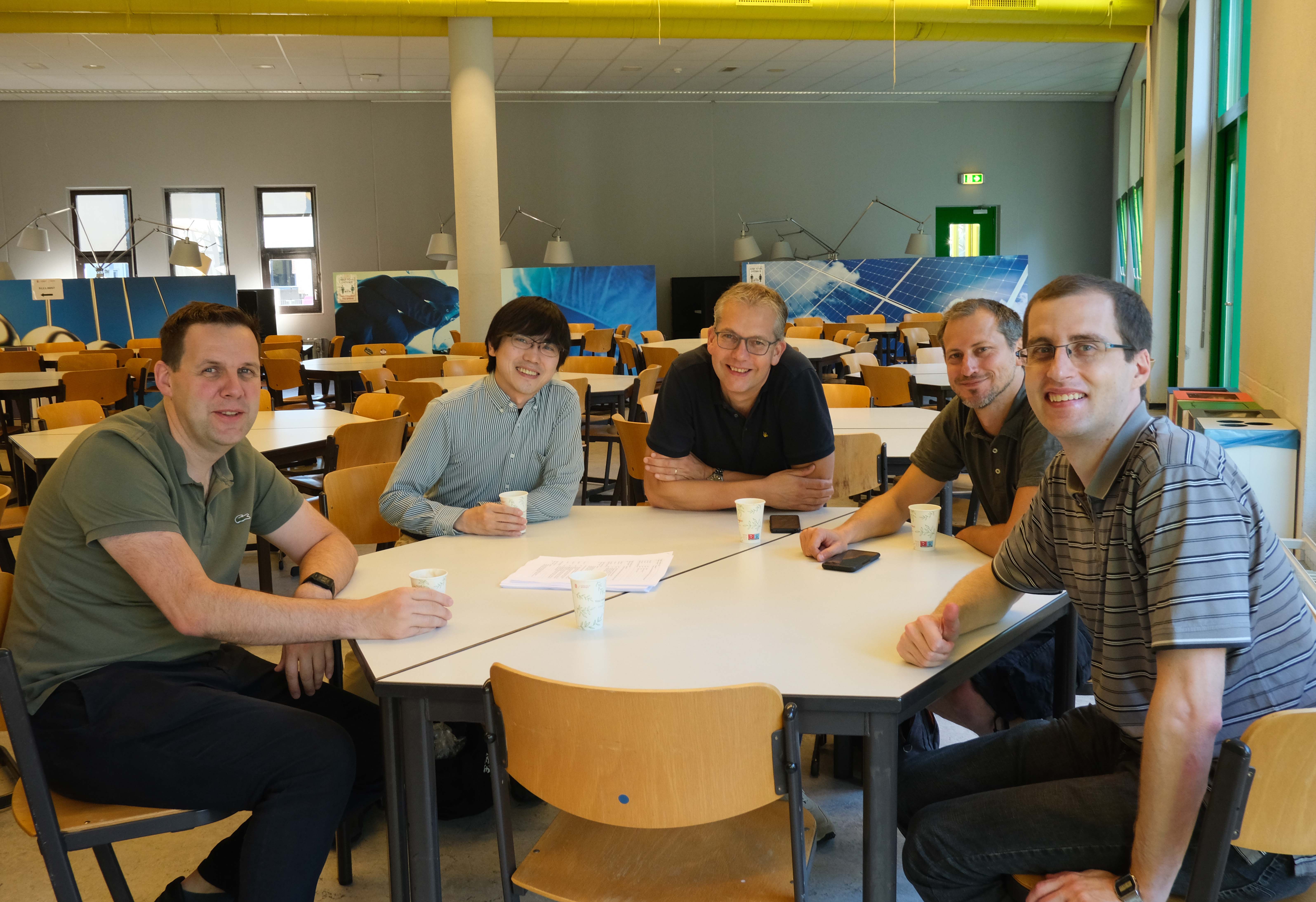News & Topics
Reports

Dr. Koji OOHORA is an Associate Professor in applied chemistry at the Graduate School of Engineering at Osaka University. His expertise is in the modification of hemoproteins. While it is common to genetically modify hemoproteins, he approaches hemoprotein modification from a chemical perspective.
Associate Professor OOHORA has obtained the Fund for the Promotion of Joint International Research (Fostering Joint International Research (A)) of JSPS (Japan Society for the Promotion of Science). With this fund, he stayed at the Stratingh Institute for Chemistry at the Zernike Campus of the University of Groningen in the Netherlands from June to September 2023 for three months to conduct collaborative research at Professor Gerard Roelfes' laboratory. Previously, in 2022, Associate Professor OOHORA also spent one month in the same research group. Professor Roelfes obtained his PhD under the Nobel laureate Professor Ben Feringa at the University of Groningen and runs his laboratory specializing in biomolecular chemistry and catalysis.
Associate Professor OOHORA emphasizes that he has learned a great deal through collaborating with overseas laboratories including Professor Roelfes’, which leads a different approach in comparison to his own research. Moreover, he has found the advantages of both Japanese and overseas research environments through his time at overseas research laboratories.
At the University of Groningen, for example, experimental equipment and devices are shared among multiple laboratories, and those equipment and devices are efficiently managed by technical staff. The researchers have firm trust in the technical staff. In addition, seminars are regularly held at the departmental level, not limited to within a particular laboratory. These seminars provide opportunities for discussion among all, from principal investigators to students, and enable smooth communication that continues during coffee breaks.
On the other hand, in Japan, it's common for each laboratory to have its own equipment and devices, allowing researchers to conduct experiments at any time and in their own time, while their maintenance must also be performed by researchers. In general, in contrast to Japan, doctoral programs in Europe are rich in diversity in terms of gender, nationality, and age, and high mobility across sectors among PhD holders is also an advantage in their social context.
Associate Professor OOHORA shares his impression of the City of Groningen:
Groningen is a university town where the town seems to revolve around the university. The Forum Groningen, a multifaceted facility in the city, includes a library and free spaces. It also provides well-developed programs for children and feels like a city that prioritizes education. It's a place where one can confidently send students.
Indeed, Associate Professor OOHORA plans to send a PhD student there in 2024. It is expected that the partnership between the University of Groningen and Osaka University in the field of applied chemistry will become even closer.

